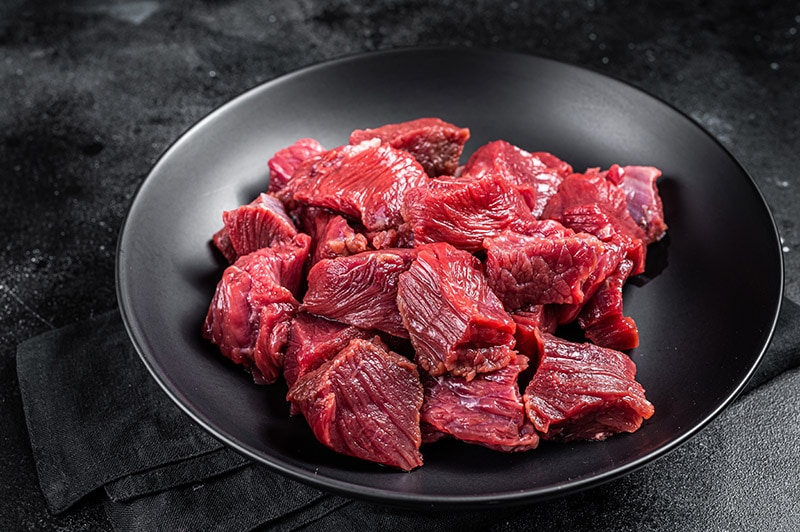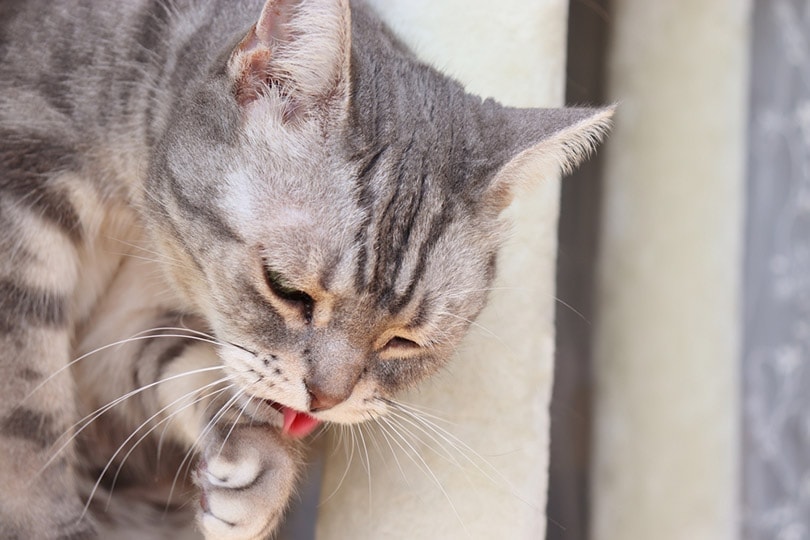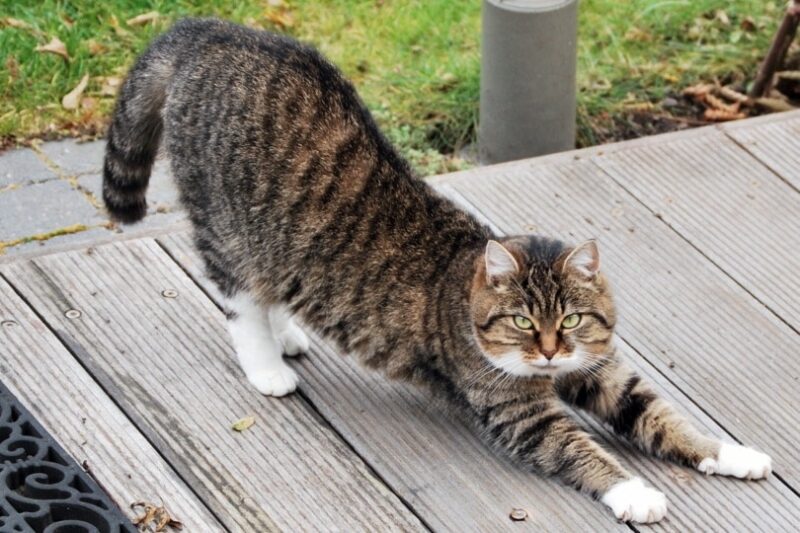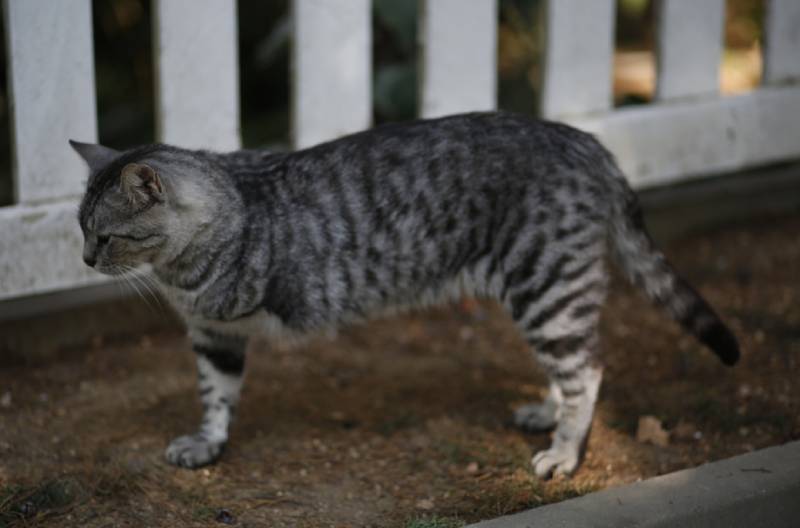Can Cats Eat Venison? Vet Approved Facts & FAQ
By Oliver Jones
Updated on

Anyone who owns a cat (or several!) knows they are obligate carnivores, meaning that at least 70% of their diet must come from animals. So, if you want to switch up their usual meal or give them a treat, venison might have come to mind. And why not? Cats can eat deer meat as it is a lean animal protein and definitely not a common choice.
However, it is not recommended that you give your cat venison without consulting with your vet first. There are several reasons why venison may not be the best choice for your cat. Read on to learn more.
Why You Should Not Feed Your Cat Venison
Venison is not toxic for felines, but it might not be a good idea to feed your cat. First, cats may not even like venison. A deer is significantly larger and faster than a cat, even an experienced feral one. A cat in the wild would never hunt down a deer to eat. So, your cat might not even like venison.
Second, venison is often reserved for cats that have allergies to other types of meat found in commercial diets. Yes, cats can have food allergies! When cats are allergic to meats like chicken or fish, veterinarians will recommend a novel protein diet. Novel proteins can be venison, rabbit, and lamb. If you suspect your cat has a food allergy, be aware of these signs that range from dermatologic or gastrointestinal:
- Alopecia
- Erosions
- Scaly skin
- Diarrhea
- Vomiting
If you notice any of these signs, contact your veterinarian for a full assessment.

Health Benefits of Venison
Venison is a good choice for cats who have vet-diagnosed food allergies to other meats because it is a great source of protein as well as vitamins and minerals. These are all needed to maintain a healthy lifestyle.
Protein, for example, is needed for energy and all areas of growth, from the skin to the muscles, and for systems such as the reproductive system. Minerals like iron help the blood transport oxygen around the body and prevent conditions like anemia, while B vitamins help with the skin, hair, and metabolism. Vitamin K helps the blood clot, preventing bruising and bleeding issues.

Frequently Asked Questions (FAQ)
Can cats be allergic to venison?
Dogs suffer far more from food allergies than cats. In fact, it is rare to see felines with a food allergy, as only around 1% have issues with allergic responses to food. If they do, these tend to be toward the protein found in chicken, egg, and turkey, for example. Therefore, the chances of your cat being allergic to venison are slim. But it is not impossible.
Do I need to buy venison and prepare it myself?
No, you don’t need to do that. There are commercially made cat foods that contain venison. Your vet can go over all the options if your cat needs to switch to a novel protein diet.
Conclusion
While venison seems like a great option to feed your cat, it is best to avoid it. Any time you want to change your cat’s diet, reach out to your vet. Making sudden changes to your feline’s meals could result in stomach upset.
Featured Image Credit: Mironov Vladimir, Shutterstock












